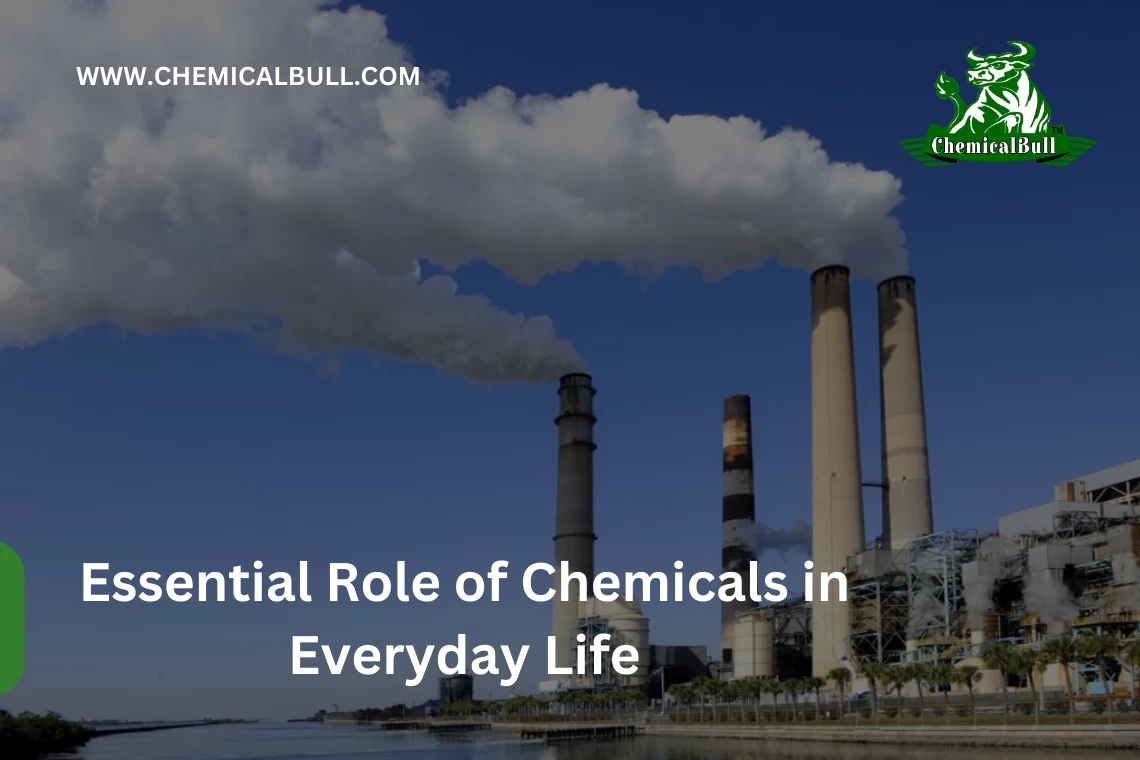

1. Introduction
2. Understanding Chemicals in Everyday Life
3. The Role of Chemicals in Food and Agriculture
4. Chemicals in Medicine and Healthcare
5. Chemicals in Cleaning and Hygiene Products
6. Chemicals in Technology and Innovation
7. Environmental Impact of Chemicals
8. Common Misconceptions About Chemicals
9. Products That Depend on Chemicals
10. Conclusion
Chemicals are the building blocks of the world around us, shaping our daily lives in numerous ways. From the moment we wake up until we go to sleep, we are surrounded by products and processes that involve chemicals. In this article, we will explore the essential role of chemicals in everyday life, focusing on various products that heavily depend on different types of chemicals.
Chemicals are substances with distinct molecular structures that have the ability to undergo reactions and transformations. They are present everywhere, both in natural and synthetic forms. These substances are essential for the creation and functioning of various products we encounter daily.
Chemicals play a pivotal role in the world of food and agriculture. Natural chemicals in soil and fertilizers contribute to plant growth, ensuring bountiful harvests. Carbon compounds, a group of chemicals, are crucial for photosynthesis—the process that allows plants to convert sunlight into energy. LSI Keywords: agricultural chemicals, plant growth, carbon compounds.
The medical and healthcare sectors rely extensively on chemicals. Pharmaceuticals, which are complex chemical compounds, are developed to treat various illnesses and conditions. Chelating agents, a type of chemical compound, are used to bind and remove toxic metals from the body. LSI Keywords: pharmaceuticals, chelating agents, healthcare chemicals.
Cleaning and hygiene products are integral to maintaining a healthy environment. Chemical compounds present in detergents break down dirt and stains, ensuring cleanliness. Antibacterial chemicals, found in hand sanitizers and disinfectants, help prevent the spread of germs. LSI Keywords: cleaning agents, hygiene products, antibacterial chemicals.
The advancement of technology relies heavily on chemicals. Bases, which are chemicals with a pH above 7, play a crucial role in various technological processes. Carbon compounds, such as polymers, are used in creating materials for electronics and other applications. LSI Keywords: technological advancement, carbon compounds, bases in technology.
While chemicals bring numerous benefits, they can also have negative environmental impacts. Improper disposal of chemical compounds can lead to pollution and ecological harm. Responsible chemical management is vital to mitigate these effects and protect the environment. LSI Keywords: chemical pollution, responsible chemical management, environmental impact.
Misconceptions about chemicals are prevalent, often leading to unnecessary concerns. It's essential to address these myths and provide accurate information. For example, the misconception that all chemicals are harmful needs to be dispelled through education. LSI Keywords: chemical misconceptions, harmful chemicals, chemical education.
Chemicals are the foundation of our modern world, influencing every aspect of our lives. From the food we consume to the technologies we rely on, their role is indispensable. By understanding the significance of different chemicals and their applications, we can better appreciate the intricate web of interactions that shape our daily experiences.
RECENT POST
Comment Section
